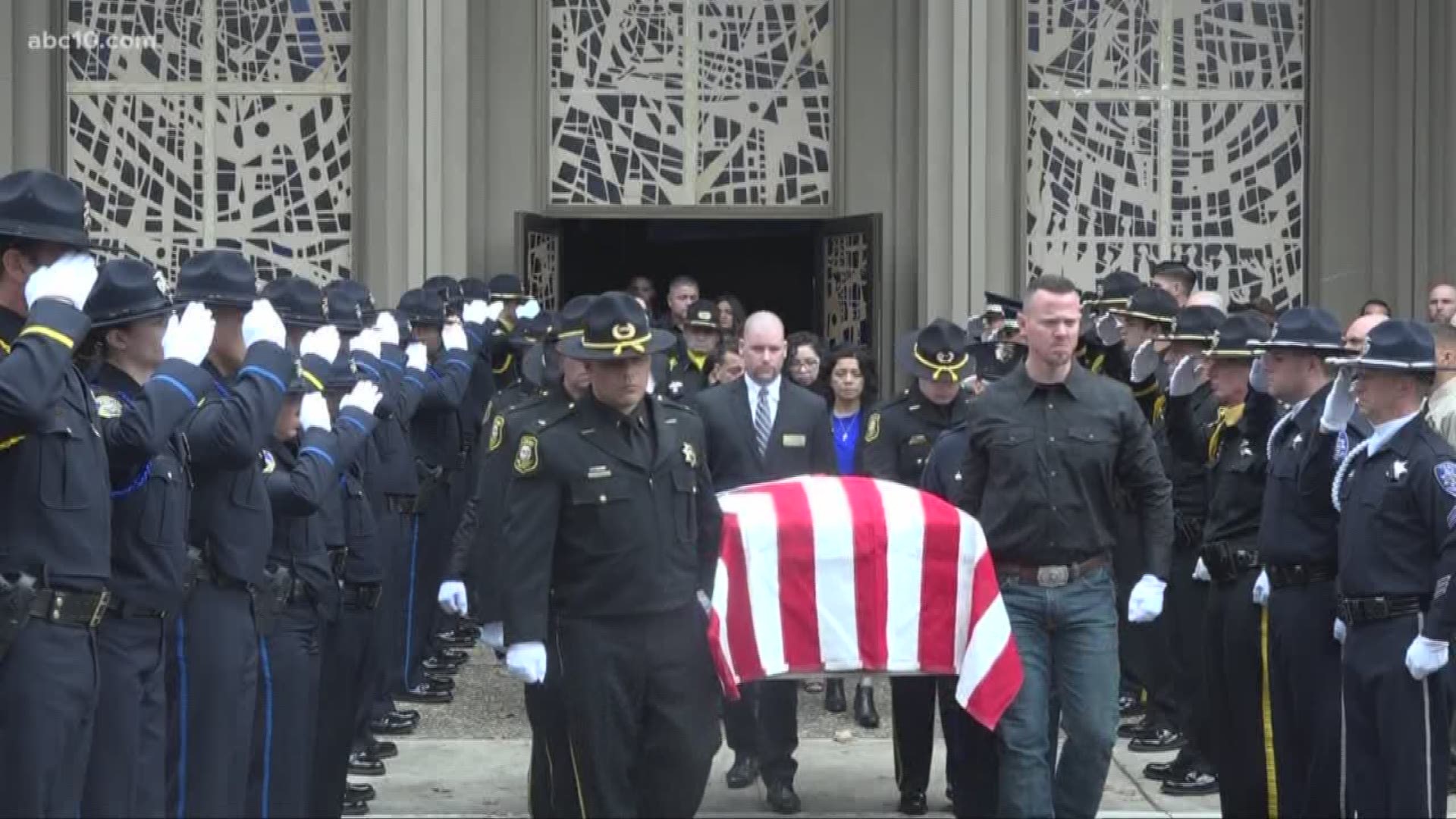TURLOCK, Calif. — A small town mayor is joining a large-scale effort set up by President Donald Trump to explore the modern issues impacting law enforcement.
Turlock Mayor Amy Bublak was appointed to the Social Problems Working Group, a subcommittee of the Commission on Law Enforcement and Administration of Justice. The group was launched in January following an executive order from President Trump.
"It's not an everyday thing," said Bublak, explaining her new role. "I was stunned, excited, and it's just such an honor to be able to represent our area and our state on huge topics that need to be discussed."
Bublak never applied to the subcommittee. She learned about the impromptu appointment just last week when officials sent her the offer.
"How many people get this opportunity," Bublak asked. "I'm not sure how it happened, but I'm happy to be that person that they’ve chosen."
Bublak brings years of public safety experience to the table. She spent nearly eight years with American Medical Response and spent decades serving as former officer with both Modesto and Richmond Police departments.
For Bublak, who ran for mayor as a "non-partisan" candidate in 2018, the appointment isn't about party affiliation. She said the issues being discussed in the group affect everyone, regardless of whether they are Republican or Democrat.
"Sometimes people don't realize you can take our city, or any small city of basically the same population, and we all have the same problems," Bublak said.
READ ALSO:
The commission is comprised of 15 working groups, each one specializing in topics from social problems that impact public safety to officer health and wellness. As a whole, the commission has been directed to research "important current issues facing law enforcement and the criminal justice system."
Some of the topics the subcommittee is expected to delve into include:
- Challenges to law enforcement associated with mental illness, homelessness, and substance abuse
- Recruitment, hiring, training, and retention of officers
- Refusals by state and local prosecutors to enforce laws or prosecute categories of crimes
- The need to promote public confidence and respect for the law and law enforcement
- Effects of technological innovations on law enforcement
"The Working Groups are a critical component of the Attorney General's Commission on Law Enforcement and the Administration of Justice, as they cover wide ranging issues and themes impacting law enforcement, criminal justice components and our communities — everything from entire community groups to individuals in law enforcement," said Phil Keith, the chair of the Commission. "Each working group member’s diverse perspectives and experiences will provide tremendous value to the Commission's overall mission."
FOR NEWS IN YOUR COMMUNITY, DOWNLOAD THE ABC10 APP:
►Stay In the Know! Sign up now for ABC10's Daily Blend Newsletter



